
Can you imagine growing peach trees in a tradition orchard, or exotic root veg as a substitute for potatoes, or weird and wonderful salad leaves in summer when our regular lettuces have bolted?
It’s something Kew kitchen gardener and botanical horticulturist Helena Dove has been considering during her involvement with Food Forever, a new summer programme at Kew Gardens (kew.org) exploring the future of food.
“In 10 years’ time we won’t have so many apples or potatoes or things that are really starting to struggle and in their place we will see more fruits and a wider variety of fruit,” Dove predicts.
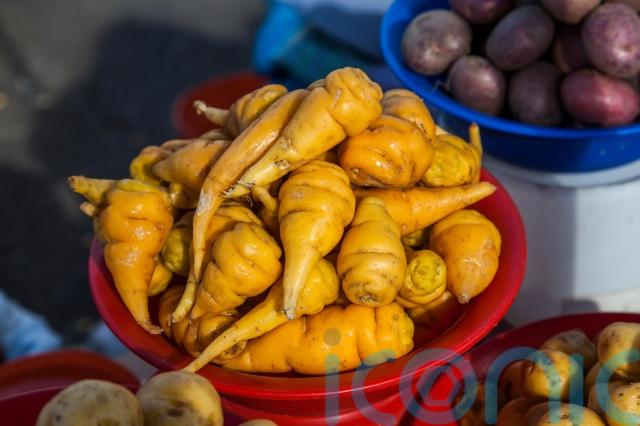
“We will see different types of fruit crop like oca and mashua growing alongside potatoes, particularly maincrop potatoes which are struggling because of blight. We are getting wetter and warmer summers which are making the fungal diseases more prevalent.
“To become resilient, we have to grow different things alongside what we’ve been traditionally growing so that if we do get a failure of one thing, there’s something else to substitute it.”
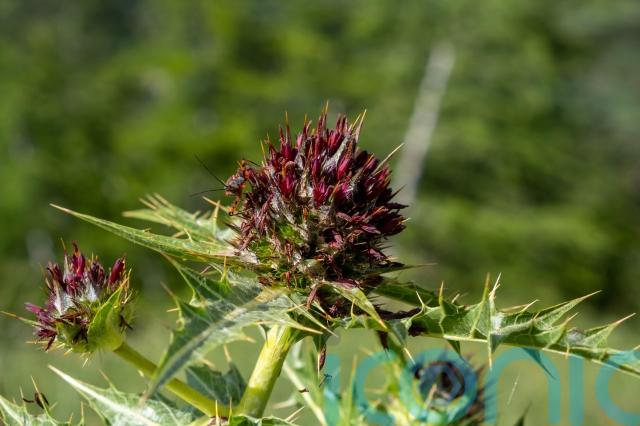
There are more than 7,000 known species of edible plants we could be eating, and crop diversity is key to feeding the world’s growing population, say Kew scientists, whose research highlights plant-based foods of the future including akkoub, the morama bean, and Coffea stenophylla, a coffee species capable of growing in higher temperatures, rediscovered in the wild in 2018.
So, what might we be growing as a matter of course in our own country in future?
1. Oca
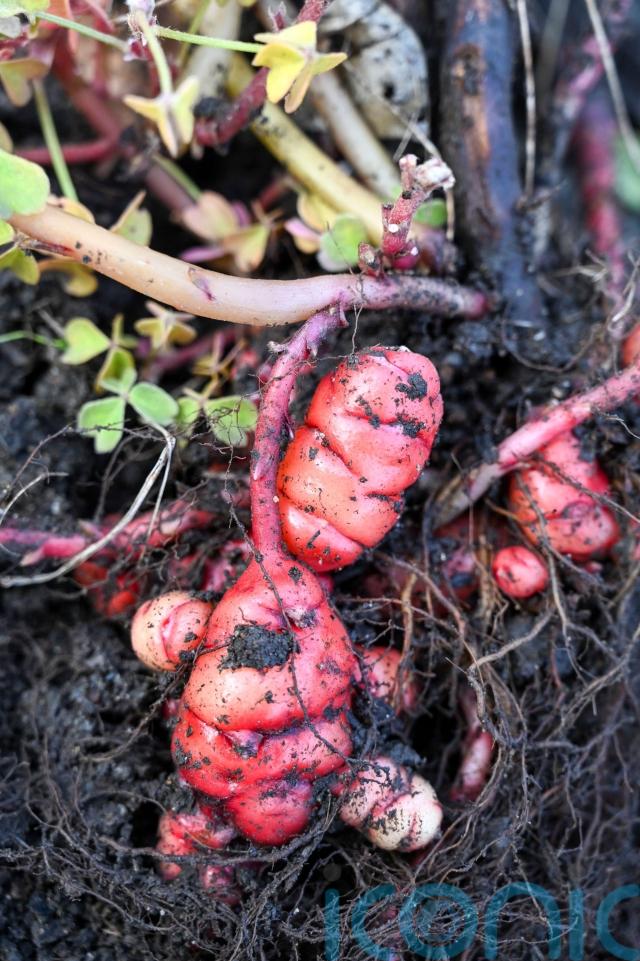
“These are root crops – I grow them alongside potatoes,” says Dove. “They would substitute maincrop potatoes and have an autumn harvest and they don’t get blight. They come from the Andes – the same place as potatoes – and we are just experimenting with them at the minute to see how well they’ll grow.
“You will still have potatoes, but if one thing fails you can put another in its place.”
Oca tubers have a fresh, lemony taste and, like you do with potatoes, you would mash or roast them, while their leaves can also be used in salads.
2. Mashua
3. Orchard additions
“I suspect that a traditional British orchard – which used to contain apples, plums, pears and cherries – will contain more varieties, such as South African varieties, and maybe peaches. I see peach trees growing alongside apples in future.”
“Warmer winters are having more detrimental effect on growing in the kitchen garden as our summers,” she continues. “Perennial plants aren’t getting the dormancy, while pests and diseases aren’t being killed off.”
4. Tomatillos
“As climate change continues we may be growing more of them. They start fruiting a bit later than tomatoes, towards August, and aren’t frost-tolerant. But the frosts are coming later as the winters get warmer.”
5. Callaloo and malabar spinach
“In the middle of the summer, we will be planting heat lovers to replace the lettuces. You can sow them till the end of June and once they start growing they are so fast and will last until the first frosts. And you never see callaloo in the shops.”
6. Peaches and apricots
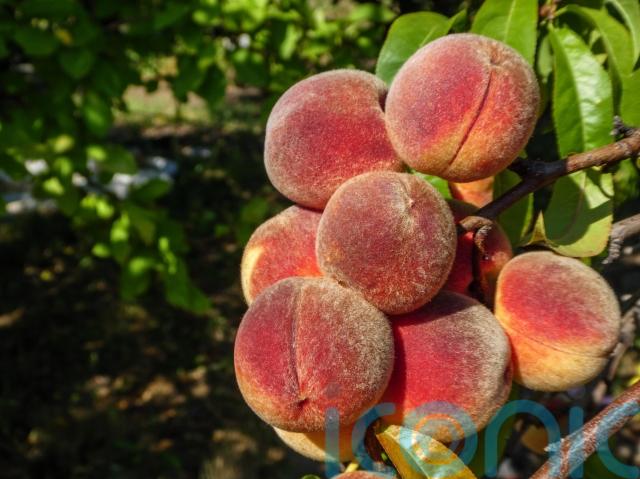
“Mediterranean and warmer-climate plants such as peaches and apricots are all becoming more able to fruit fully outside in the UK. Years ago, the only way to grow peaches was under glass, but now we can grow them outside. The down side of those fruits is that they all blossom really early in the season, when we still get frost, so at the moment you need to protect them from frost with a little fleece.
“But breeders are developing types which blossom a little later. Twenty years ago we could never have ripened them outside, but now we can.”
7. Persimmons and kiwi fruits
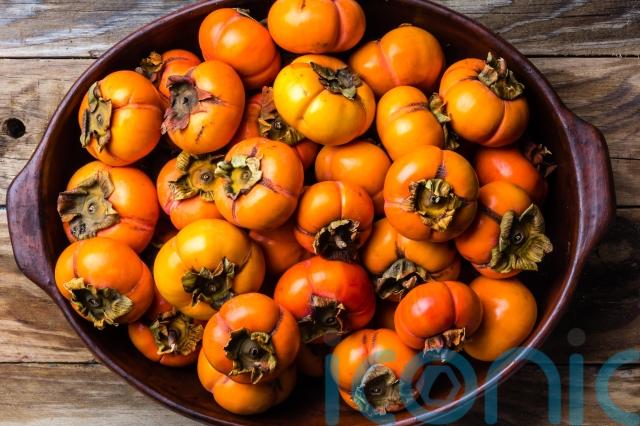
“We are going to be able to ripen them more outdoors in the future than we ever were before. Brick walls offer a bit of extra heat and it’s worth experimenting, especially if we’re in for a hot summer.
“It won’t be long until it’s a standard thing that we can grow these plants outside, especially as breeders are working to develop cultivars which are more suited to our daylight and temperatures. Within five to 10 years, I think there will be guaranteed crops.”
Food Forever, featuring interactive art installations, screenings and talks, runs at Kew until September 18. For details visit kew.org.
Subscribe or register today to discover more from DonegalLive.ie
Buy the e-paper of the Donegal Democrat, Donegal People's Press, Donegal Post and Inish Times here for instant access to Donegal's premier news titles.
Keep up with the latest news from Donegal with our daily newsletter featuring the most important stories of the day delivered to your inbox every evening at 5pm.